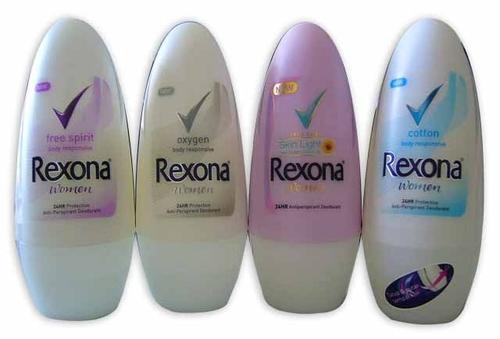(单词翻译:单击)
Unilever brought its Rexona deodorant to China a decade ago, dreaming of a market with 2.6 billion armpits.
联合利华十年前就把舒耐香体露带进了中国,梦想占领这个拥有26亿腋窝的市场。
But cultural differences and simple biology - scientists have shown that many East Asian people don't have Westerners' body odor issues - scotched those plans.
但文化差异和简单的生理问题--科学家已经证明许多东亚人并没有西方人的体味问题--阻挠了这些计划。
Today, by some estimates, less than 10% of China's population uses deodorant, and it can be hard to find outside major cities.
据估计,目前中国只有不到10%的人口使用香体露,在大城市之外更加难找。

"The traditional thinking here is that sweating is good because it helps people detox," said Lucia Liu, a skin care assistant manager at Unilever. "There is a marketing barrier that is really hard to overcome."
联合利华护肤产品助理经理露西亚·刘说:“在中国的传统观念里,出汗是件好事,因为有助于排毒,这个市场营销上的障碍很难克服。”
There's another reason few Chinese consumers buy deodorant: basic biology.
少有中国消费者购买香体露的另一个原因是:基本的生理特性。
Scientists in recent years have shown that many Chinese have a gene that lowers the likelihood of a strong "human axillary odor (body stink)" and that lowers the likelihood that they will use deodorant.
科学家近年来已经证明,很多中国人携带的一种基因可以降低产生强烈“人体腋窝气味(体臭)”的可能性,因此这从根本上减少了他们使用香体露的可能性。


